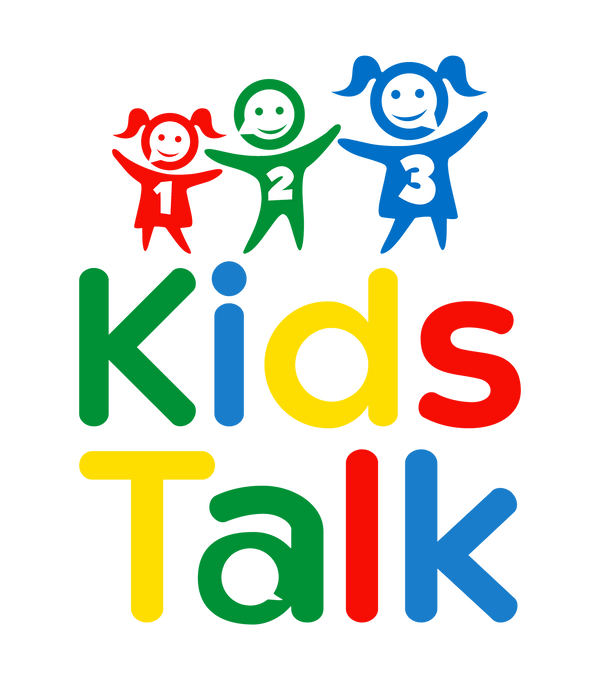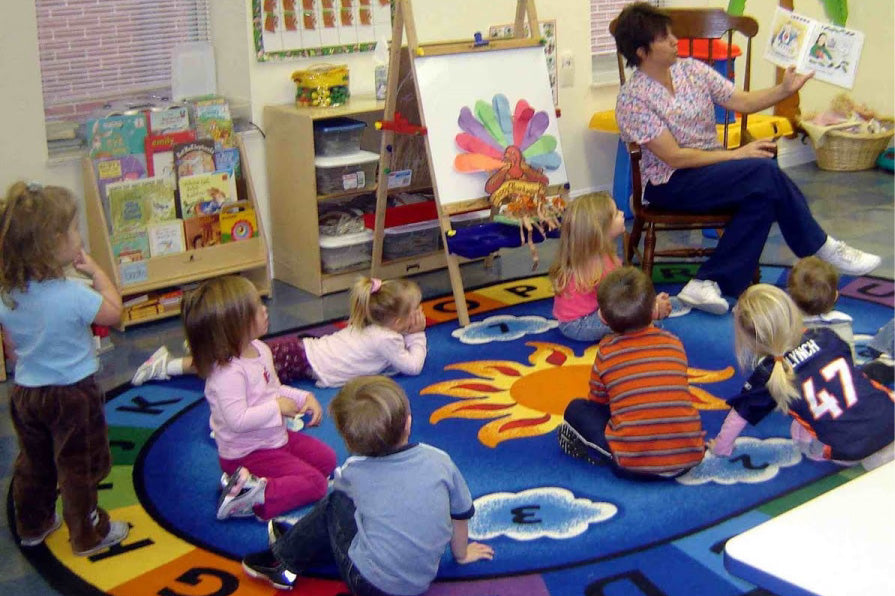A Checklist for Parents of First-Time Kindergartners
Sending your little one off to kindergarten is a monumental step, both for them and for you! It's a time filled with excitement, anticipation, and maybe a few jitters. To help you navigate this transition smoothly, we've compiled a checklist to ensure your child is ready to thrive in their new learning adventure.
Kindergarten Readiness Checklist:
- Social and Emotional Skills:
- Can your child take turns?
- Can your child separate from you without excessive distress?
- Language and Communication skills
- Can your child respond to their name?
- Can they respond to questions directed at them?
- Can they interact comfortably with other children?
- Can they follow simple instructions and routines?
- Can they express their needs and emotions verbally?
- Practical Skills:
- Can your child use the toilet (mostly) independently?
- Can they dress and undress themselves (with minimal assistance)?
- Can they eat independently?
- Learning and Cognitive Skills:
- Does your child show an interest in books and stories?
- Can they identify some letters and numbers?
- Can they hold a pencil/crayon with a proper grip?
- Can they follow a simple story or sequence of events?
- Health and Well-being:
- Has your child had a vision and hearing screening?
- Does your child have a regular sleep routine?
- Are you aware of any allergies or special needs your child may have?
Remember: Every child develops at their own pace. This checklist is meant to be a guide, not a source of stress. If you have any concerns about your child's readiness, don't hesitate to reach out to your paediatrician or the kindergarten staff.
Tips for a Successful Transition:
- Talk about kindergarten positively: Share your own happy memories of school, focusing on the fun parts like making friends, playing games, singing songs, and doing art projects. Describe the exciting things they will learn and the new friends they will make. Keep the tone upbeat and enthusiastic to build excitement.
- Visit the kindergarten beforehand: Familiarity reduces anxiety. Attend open days, kindergarten orientations, or schedule a visit to meet the teacher and explore the classroom. Point out the play areas and other interesting parts of the facility. Let your child sit at a desk, try out the playground equipment, and picture themselves in this new environment.
- Establish a consistent routine: Start implementing a kinda-day routine a few weeks before kindergarten begins. This includes set bedtimes, wake-up times, mealtimes, and getting-ready routines. Practice packing their backpack and lunchbox together. This predictability helps ease the transition and reduces morning chaos.
- Read books about starting kindergarten: Children's books are a fantastic tool to address first-day jitters and explain the kindergarten experience in a relatable way. "Kindergarten Rocks!" by Katie Davis, and "The Night Before Kindergarten" by Natasha Wing are a couple of popular choices. Discuss the characters' feelings and how they overcome their fears.
- Pack a special "comfort" item: A familiar toy, trinket, or photo can provide a sense of security during the day, especially in the beginning. Choose something small and easy to keep in their backpack. This can be a helpful tool for separation anxiety.
- Most importantly, stay positive and supportive! Your child will mirror your emotions. If you express confidence and excitement about kindergarten, they are more likely to feel the same way. Offer reassurance, listen to their concerns, and validate their feelings. Let them know that it's okay to feel a little nervous and that you believe in their ability to adapt.

